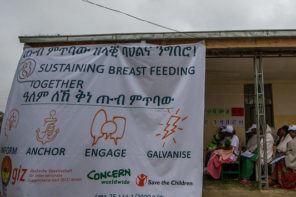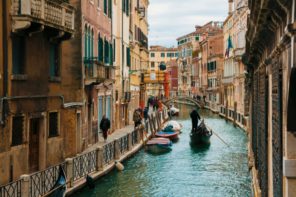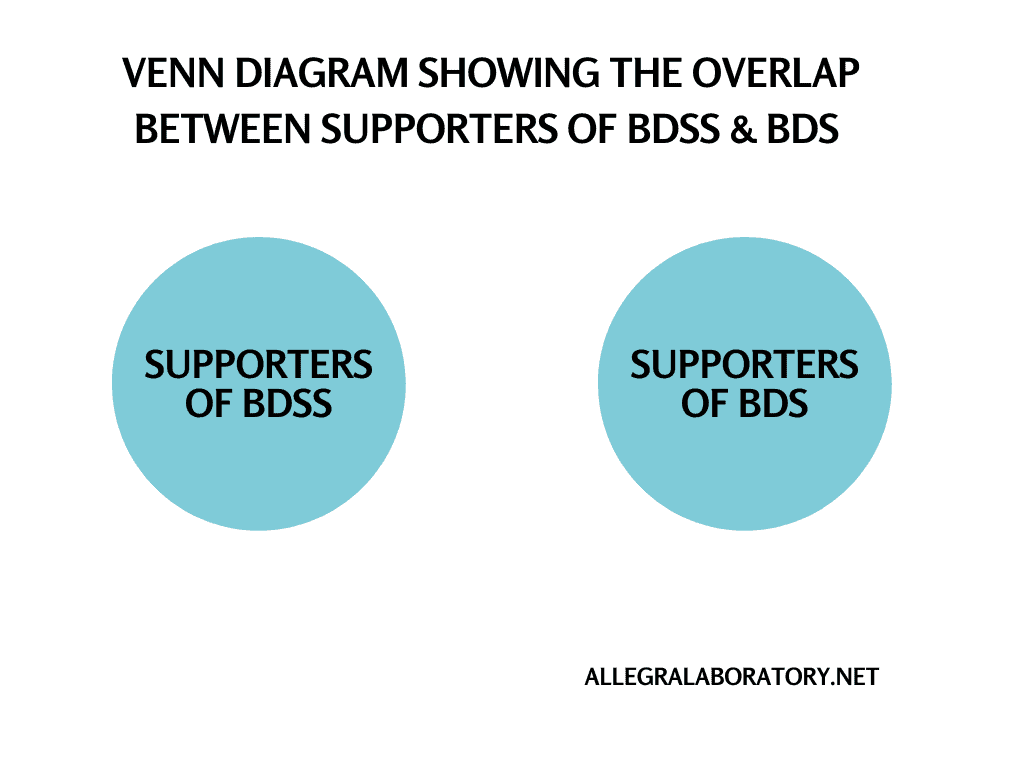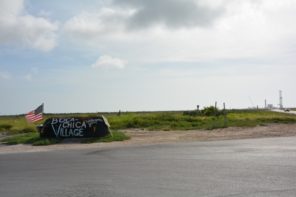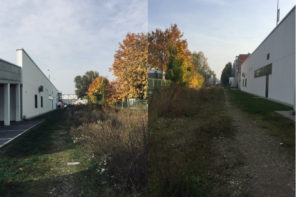The house and the body are the protagonists of isolation. In Argentina, staying at home is experienced as an unequal privilege. The coronavirus put on the table such inequalities: the structural and naturalized ones and the less perceivable ones. For metropolitan middle classes – in Buenos Aires – taking care of themselves in confinement is shown as a challenge, an odyssey and another duty: care of one’s body in order to feel pleasure and well-being. Productivity and self-governance intersect with the fear of getting fat as an undesirable effect of quarantine. Physical training is a way to position ourselves competitively: not to lose the status we have reached, to demonstrate our “self-management”, our will to strength and improvement. “With what you have, you do” or “The one who wants, can” are the phrases we heard the most.
We are asked to be the architects of the solutions, to be hyper-available. The entrepreneurial spirit drives us to make this a new opportunity to test ourselves. The language of coaching filters words and instructions into different areas and homogenised experiences.
The Instagram lives, the YouTube tutorials, or the parodies in TikTok place us in front of a supposed democratization of the contents. People share experiences on how to “set the mood” to workout in that house that we have turned into a Multipurpose Room. The logic of “do it yourself”: online recipe books, caloric regulations, fitfluencers and cooking influences sponsored by quasi-nutritionists fill the digital world. In this new show, the domestic landscape is condensed into objects such as dumbbells, sanitizers and repellents. The elastic capacity of our houses and our bodies is assumed.
Before the spaces of sociability were on the outside, now the body and the house are shown from the living room: as a form of constructed intimacy. However, new and intimate routines are displayed on social networks: practices are unveiled.
We call this an experience of extimacy (Sibilia, 2008) as a way of being in the world.
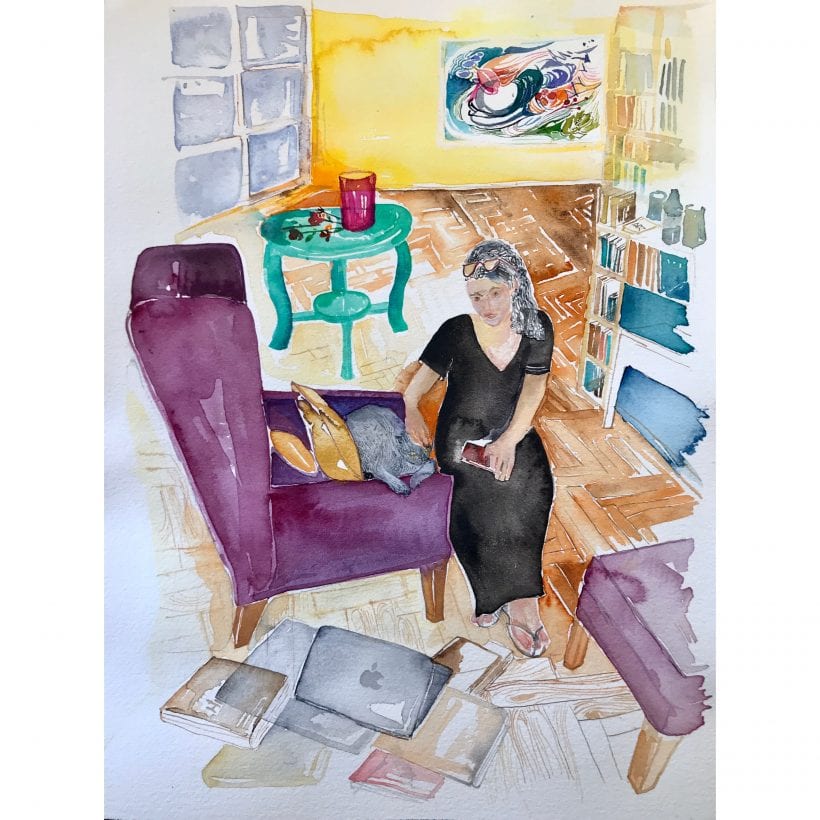
Picture by Ignacio de Lucca (@ignaciodelucca), 41 x 31 cm, watercolor on paper.
Spaces are transformed, efforts are multiplied, with the aim of participating in workouts, now online. Gym chain videos are exploding with Zumba and Hiitbox classes encouraging those who were previously inactive. Runners racing in one-room apartments show off their skills. Those who reaffirmed their identity through exposure to contingency, today are the stars of the news: amateur athletes – “without limits” – who complete 42 kilometres on 7 m² balconies, cyclists who violate quarantine and are filmed pedalling in the mountains, influencers and communicators who finish triathlons in their backyards “to encourage the awareness of staying at home”. People share experiences on how to create an environment to exercise or meditate: moving a piece of furniture to gain space, using a blanket instead of a mat, creating a climate with incense or candles, are some of the tips to “set the mood” in that house that we have turned into a Multipurpose Room. We hear that spaces are more “friendly” if they have natural light or that they are more “livable” if they are versatile and have good ventilation while others see their living conditions threatened.
The streaming transmissions saturate us in front of a time and space that we no longer feel as our own. There are no schedules when everything can be done at any time.
The everyday rhythm we used to have is permanently broken when a family video call surprises you while you are taking a Twerk class or listening to your college professor. The temporalities overlap. How do we deal with the hyper availability of offers that overwhelm our bodies and spaces? We fix or maintain the house at the same time as we find ourselves. We develop from disastrous events and value risk positively. What niches of certainty do we produce in the midst of this pandemic?
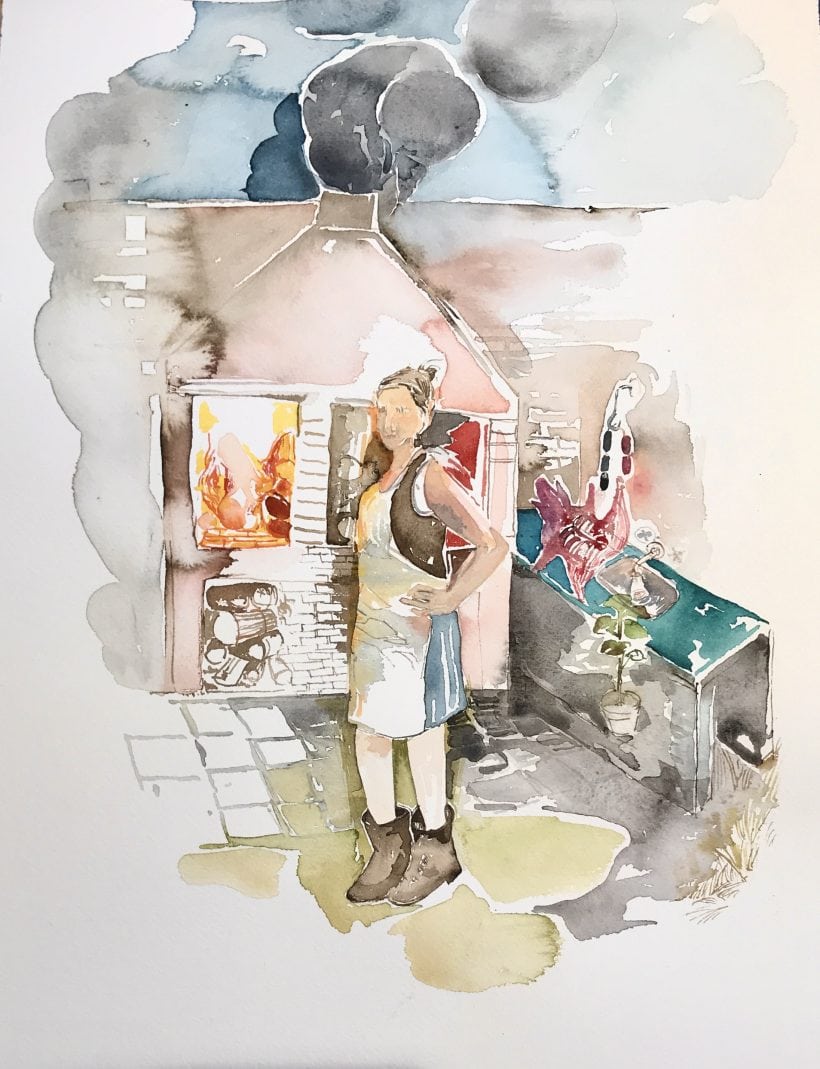
Picture by Ignacio de Lucca (@ignaciodelucca), 41 x 31 cm, watercolor on paper.
As a counterpart to this we find Argentinian President Alberto Fernández criticizing this neoliberal preaching: “We were led to believe that the secret was individualism”. “No one comes out a champion alone”, announces a video released by the Argentine Football Association (AFA), the governing body of this sport in the country. The global fragmentation of the intimate experience is answered with local solidarity actions. “Do you need help? Shall I do your shopping?” says a sign posted in a building’s elevator. Coming home is a coming back to ourselves, but also a need to help others. Today, as older adults are “at-risk groups”, networks and proposals for cooperation among neighbours are being activated. In moments of social isolation, the intention to feel that we are all together is amplified. Going to the supermarket or the pharmacy for someone who cannot go out, inhabiting the balconies, singing the hymn. Notes of patriotism creep into these solidarity actions. Every crisis has its contradictions: some maintaining their privileges, others surfing the uncertainty. At the end of the quarantine, which communitas will prevail?
We study practices and imaginaries around the body and the spaces that urban middle sectors inhabit. Although the article was written jointly using the first person in plural, the two ethnographic experiences arise from our own individual researches: the one linked to the body and sport practices is derived from the work of Nemesia Hijós with runners and amateur athletes in training groups, and the one referring to the house and ways of living in Haedo (Province of Buenos Aires) is based on María Florencia Blanco Esmoris research. We recognize ourselves as part of the socio-cultural universe we study. For this reflection, we used field notes taken in March and April 2020.
References
Sibilia, Paula. (2008). La intimidad como espectáculo. Buenos Aires, Argentina: Fondo de Cultura Económica.
Pictures from the series “Visual note of the quarantine” by the artist Ignacio de Lucca (@ignaciodelucca), works made in a single format and technique, 41 x 31 cm, watercolor on paper.






